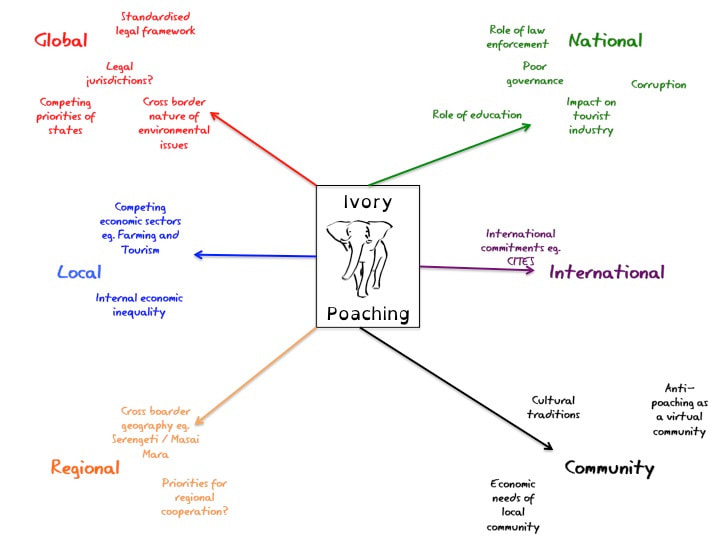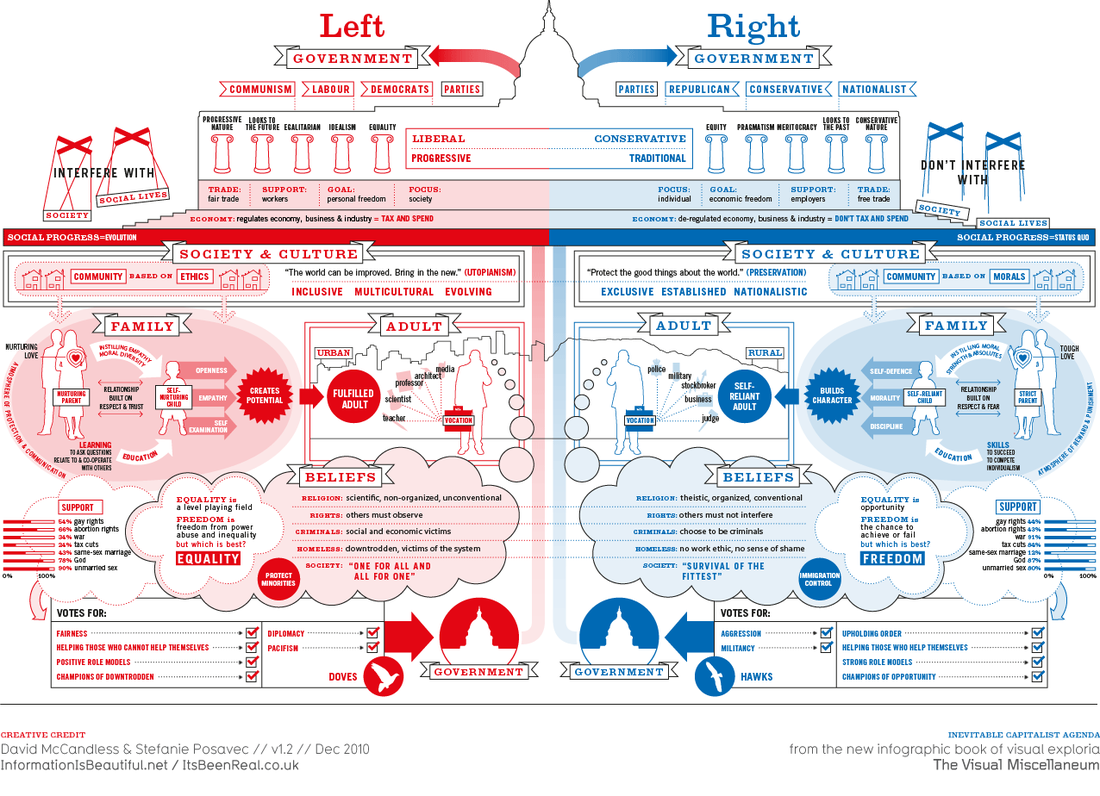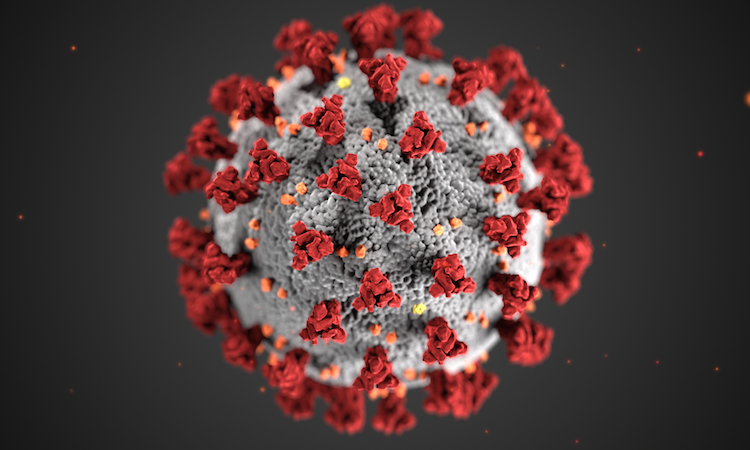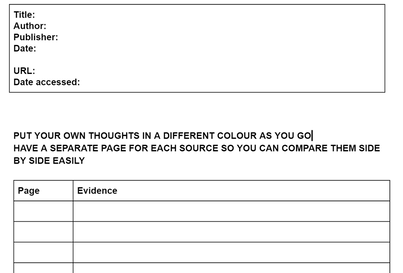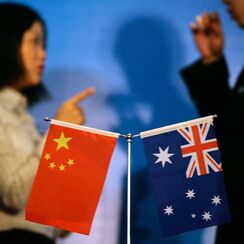The reading and watching materials on the pages linked below are linked to the content of the IB Global Politics Diploma course. These are to look at independently over the summer to prepare you for the content. The course below is a chance to develop skills you will need and introduce you to some of the ideas about what Global Politics is about.
This brief course is going to introduce you to what the Global Politics course is, some of the big ideas of politics and how we can use Global Politics to develop our understanding of the way the world works.
|
1. Why is Politics important?
Global Politics is the study of the contemporary world. The course is designed to only reference things in your lifetime. This means that you are studying events you are familiar with and then using them to apply a theoretical approach to understanding why states and non state actors act as they do. It is an introduction to the field of International Relations. Why study Global Politics? According to the IB, there are four reasons to study Global Politics: 1. understand key political concepts and contemporary political issues in a range of contexts 2. develop an understanding of the local, national, international and global dimensions of political activity 3. understand, appreciate and critically engage with a variety of perspectives and approaches in global politics 4. appreciate the complex and interconnected nature of many political issues, and develop the capacity to interpret competing and contestable claims regarding those issues I believe we can give an even more succinct answer. If you are going to change the world then you need to understand how it works. Global Politics helps you develop that understanding. If that hasn't persuaded why GloPo is a smart choice then take a look at these videos... |
|
2. What are the fundamental concepts of Global Politics?
The big thing to grasp about IB Global Politics is it is just that, although there is some focus on national parties the majority of the course is really an introduction to International Relations. That means instead of looking at the internal workings of states we are looking at how states interact on a Global level. To help understand this the IB has based the course around some key concepts, we will unpack most of these as the course progresses but for now we will focus on the big four Power, Sovereignty, Legitimacy and Interdependence.
|
POWER: Power can be seen as ability to effect change.
|
SOVEREIGNTY: Sovereignty characterizes a state’s independence, its control over territory and its ability to govern itself
|
|
LEGITIMACY: Legitimacy refers to an actor or an action being commonly considered acceptable.
|
INTERDEPENDENCE: interdependence most often refers to the mutual reliance between and among groups, organizations, geographic areas and/or states.
|
Applying these big ideas:
|
The key thing with Global Politics is being able to understand that there is no such thing as a right perspective only different ways of looking at the world. Watch the video here which shows two contrasting styles of governing. Once you have watched this we will try and discuss using the four terms above how would Trump and Arden's view of power, sovereignty, interdependence and legitimacy differ?
|
|
3. Power, Sovereignty, Legitimacy and Interdependence in reality.
|
Global Politics is a subject that is about the contemporary world, that is things that have happened in your lifetime. You are going to find an issue either current or in the last 15 years where there have been implications for the concepts or power, sovereignty, legitimacy and interdependence.
The subject analyses issues through different levels, Global, Regional, National, Local, Community, Individual. When you find an issue you can start to consider how it would be seen differently at each one, there is an example of this related to ivory here: Spend a few minutes looking for an interesting story from anywhere in the world, you are going to present it back answering: - What happened? - Who was involved? - What levels of analysis can be applied? - How does the story link to the four key concepts? |
|
|
ATL Opportunity - Communication: Watch this on the techniques of communication. Try and bring 5 of these techniques into your presentation.
|
4. Personal perspectives, left - centre - right
You will probably have heard the terms left wing and right wing. These again are just perspectives that you may bring to any interpretation of political events. These terms are very simplistic things to describe something quite complex. The video gives you some ideas on these terms and the infographic shows (from a US viewpoint) how the two perspectives may change policies.
|
|
You are now going to try and find out where you stand in the political compass test. You should take the test. Where you are not sure of a question research it first then make a decision that fits your view of the best way to govern.
Once you are done we are going to think about how to apply these ideas to the current COVID-19 crisis. |
All of this is vaguely interesting however it is arguably far too simple to classify people as just being in one political sphere for all issues, some things are just too complex. For more on this argument have a look over the following article from the LSE, use your critical thinking skills and discuss these ideas before we apply the L/R wings to the real world.
5. Gaming the way in which Global Politics works
|
Play ‘the nation state’ https://www.nationstates.net/ In this simulation you can create your own country according to your own political beliefs. You can care for your people or brutally oppress them, it's up to you. But of course, there are consequences. Play the simulation a couple of times. The first time, be completely honest- govern the way you think you actually would. After you have gone through this, play the simulation a few more times, but mess around, do crazy things, experiment with ideas and see what happens.
|
|
As you play the game you are going to record the decisions you make and start to think about how they link to the big concepts of power, sovereignty, legitimacy and interdependence.
|
6. Application to the real world: The impact of the Corona Virus and Global Politics
You are going to be looking at the impact of the COVID-19 crisis. We will watch a documentary and then look at a series of articles on the crisis, you are going to practice your COMMUNICATION ATL skills in particular taking effective notes in class.
|
ATL Skill - note taking: How to take notes from a written source:
|
|
Feeding back:
We are going to put together the West Island site on the impact of the COVID 19 crisis. This will be a resource that we can come back to again and again. It will also be a test of your summarising. Each of you will be responsible for an article on the virus, you will then link it to a subpage on the different core concepts. |
Politics in the news - The US race protests
Politics in the news 2: Australia and China
|
A geopolitical hotspot to watch. We are going to read (and note) on the goings on in the APAC region with a focus on recent tensions between China and Australia. We will the discuss; how power is being used in the region, what the future of the region may be.
|
